Talking of Power
Synopsis
As Tanika Sarkar states succinctly in this anthology, around the middle of the nineteenth century, a social category was born in Bengal, along with a new world that named it: lekhika or the female author. These writings, translated for the first time from the Bengali, are by women who were amongst the earliest to receive a modern education and become members of the reading and writing public. Women wrote on a wide variety of concerns, in the many journals that had come into being because of the tremendous growth of vernacular print culture. These were often edited by women, including some of the writers in the anthology: Bharat Mahila, Bharati Balak, Antahpur, Mahila, and Bharati, to mention just a few. The writers’ contributions helped build the image of the new educated woman, self-confident, opinionated, and transgressive.Who were these writers? They came, as expected, from elite urban backgrounds, most were from families that belonged to the Brahmo Samaj such as Bamasundari Devi, Saratkumari Chaudhurani, Hemantakumari Chaudhuri, Kumudini Mitra, Kamini Roy, and Swarnakumari Devi and Sarala Devi, members of the family of Debendranath Tagore of Jorasanko. Some were Hindus, like Kailashbasini Devi, Girindramohini Dasi, Krishnabhabini Das and Anindita Devi. Two Muslim writers of this period have also been included, the remarkably erudite and pioneering Rokeya Sakhawat Hossain and the lesser known Khairunnissa Khatun, a social reformer in her own right. No information could be found on Jagadishwari Devi or Kusumkumari Devi, the former debunked the notion that tradition demanded the Hindu woman abjure wearing shoes, and that if they did they were westernized, and the latter argued for consensual marriage, well ahead of her time.The articles cover a whole range of social issues from women’s social powerlessness, which gets intertwined with the powerlessness of the colonized, to the need to participate in the growing nationalist protest against the first Partition of Bengal, 1905, and the ensuing Swadeshi movement. The early writings speak of the home as the proper domain for women, where women should strive for good domestic management. The later pieces, written when the fight for education is no longer an issue, persuade women to enter the public domain. Thus there is much interest in what would be a suitable dress to wear outside, how to help women gain some financial independence, how to rouse their patriotism, the wish to earn a living, and so on. Most interesting, perhaps, is the manner in which perceptions of patriarchy change. As these writers make their way into the elite literary world and elite politics, perhaps they also discover a new role for themselves in the construction of the nation.A path-breaking collection that draws the reader into the antecedents of the empowerment of women and to issues that remain alive today.
Read more
39.60
35.64
$
44.00 $
Free delivery Wolrdwidе in 10-18 days
Ships in 1-2 days from New Delhi
Membership for 1 Year $35.00
Get it now and save 10%
Get it now and save 10%
BECOME A MEMBER

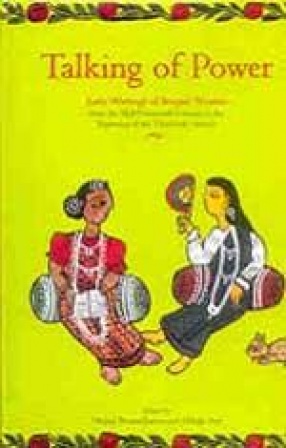

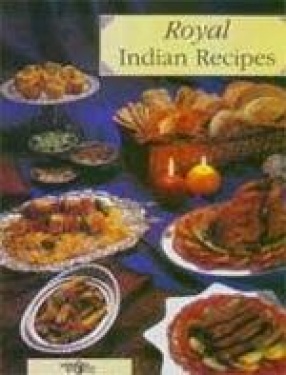
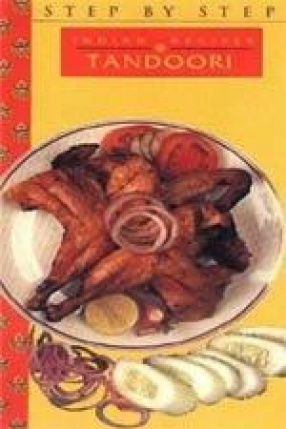


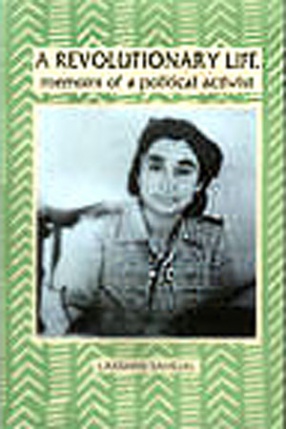
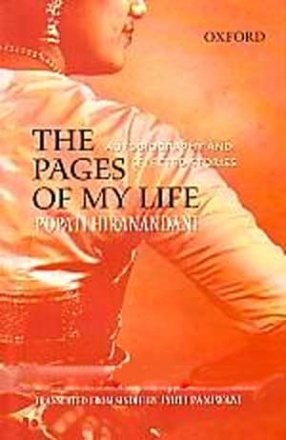
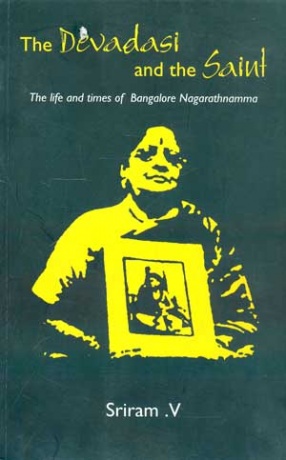

Bibliographic information